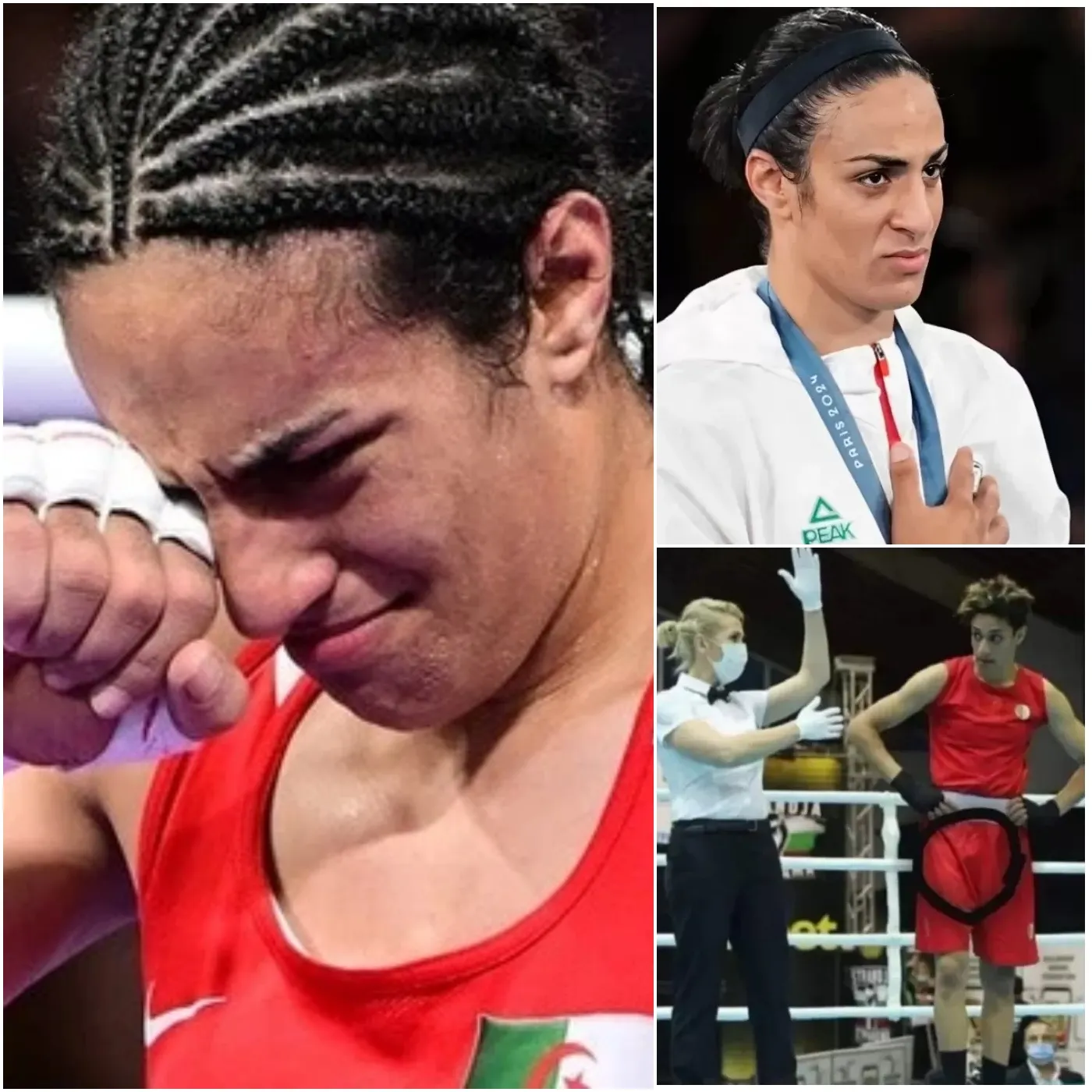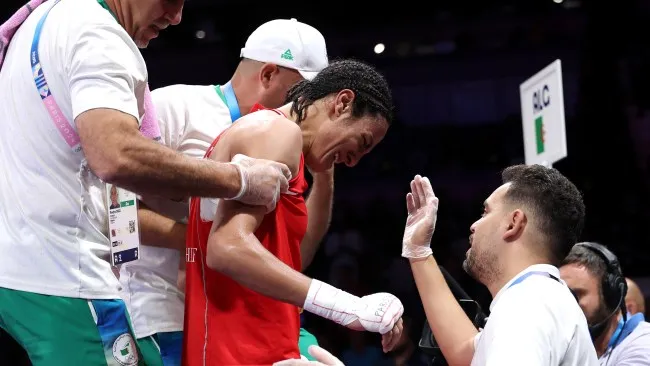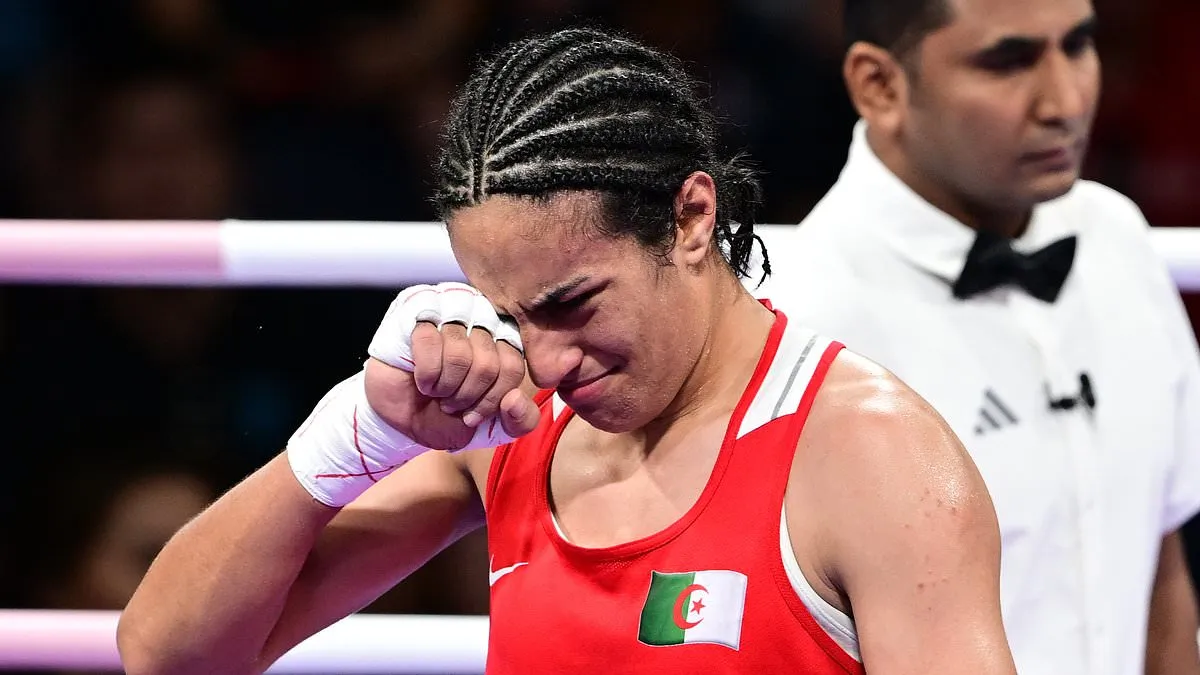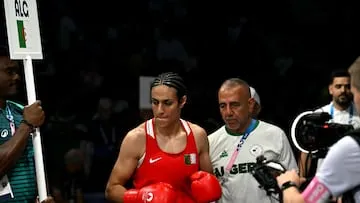In a stunning decision that has rocked the sports world, Imane Khelif, the Algerian boxer who once held the title of champion, now faces a lifetime ban from professional boxing. The World Boxing Organization (WBO) recently confirmed that Khelif is male, a revelation that has led not only to the revocation of her gold medal but also to a wave of scrutiny and debate surrounding gender identity in athletics.

Imane Khelif had quickly risen through the ranks in women’s boxing, becoming a source of inspiration for fans worldwide. However, questions surrounding her gender identity began circulating, drawing increased attention to her athletic career. After an extensive investigation, the WBO announced that Khelif is biologically male, prompting the organization to enforce strict sanctions, including the stripping of her titles and a lifetime ban from competition.

In a statement released by the WBO, the organization explained that their decision was made to “preserve the integrity of the sport and ensure fair competition.” The announcement has since ignited intense public debate, with some supporting the WBO’s ruling as necessary for fairness in women’s sports, while others question whether there should be more inclusive policies for athletes with diverse gender identities.

The response from the sports community has been polarizing. Many have expressed disappointment, especially those who had admired Khelif’s achievements, while others feel that the ruling is essential to maintain the integrity of women’s boxing. Social media has erupted with opinions, with hashtags related to Khelif and gender identity in sports trending worldwide.
One fan voiced their frustration on social media, stating, “It’s heartbreaking, but fair competition is crucial. Women’s sports must be protected.” Others, however, argued that this case highlights a need for more nuanced policies that consider athletes’ identities and personal experiences.
Khelif’s case has brought renewed attention to the complex topic of gender identity in professional sports, with many calling for clearer guidelines and support for athletes. While the WBO’s decision has set a precedent, it also leaves many questions unanswered about how future cases might be handled. This situation underscores the need for sports organizations to develop policies that respect gender diversity while ensuring fair play.
For Imane Khelif, the ban marks a significant turning point, and her future in sports remains uncertain. While her career in boxing may be over, the broader impact of her case will likely influence discussions and decisions surrounding gender in sports for years to come.